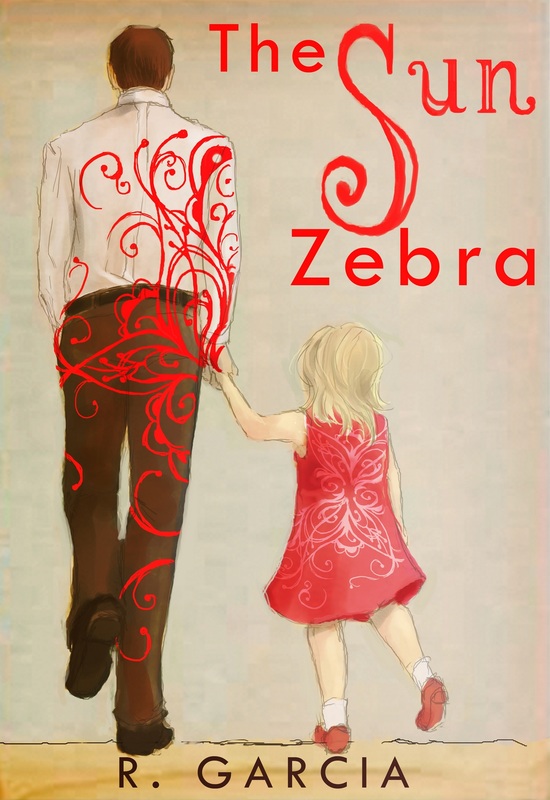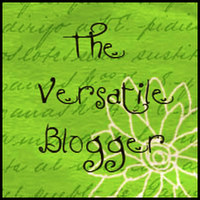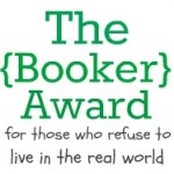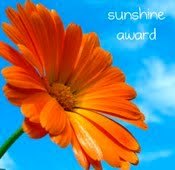I only have two things to add to Kim’s great post.
The first is that for $149 you can buy promotion time in some of the major book blogs and/or coordinate this with a KDP Select free giveaway of your book. This seems to me more cost-effective and more sensible than risking that your book be torn to shreds by people who have a very strict idea of what constitutes a worthwhile story.
The second is that if an author is publishing by the traditional route, that if fine with me. But once an author has self-published, it perplexes me why said author would pay good money to have a chance, no matter how improbable, to obtain the approval of one of the bastions of the traditional publishing establishment. The whole point of self-publishing is to circumvent the old order. You have stepped over the line, you are in the new frontier, and you are taking your book directly to the readers! Why go back groveling for the approval of the old establishment?


 RSS Feed
RSS Feed



